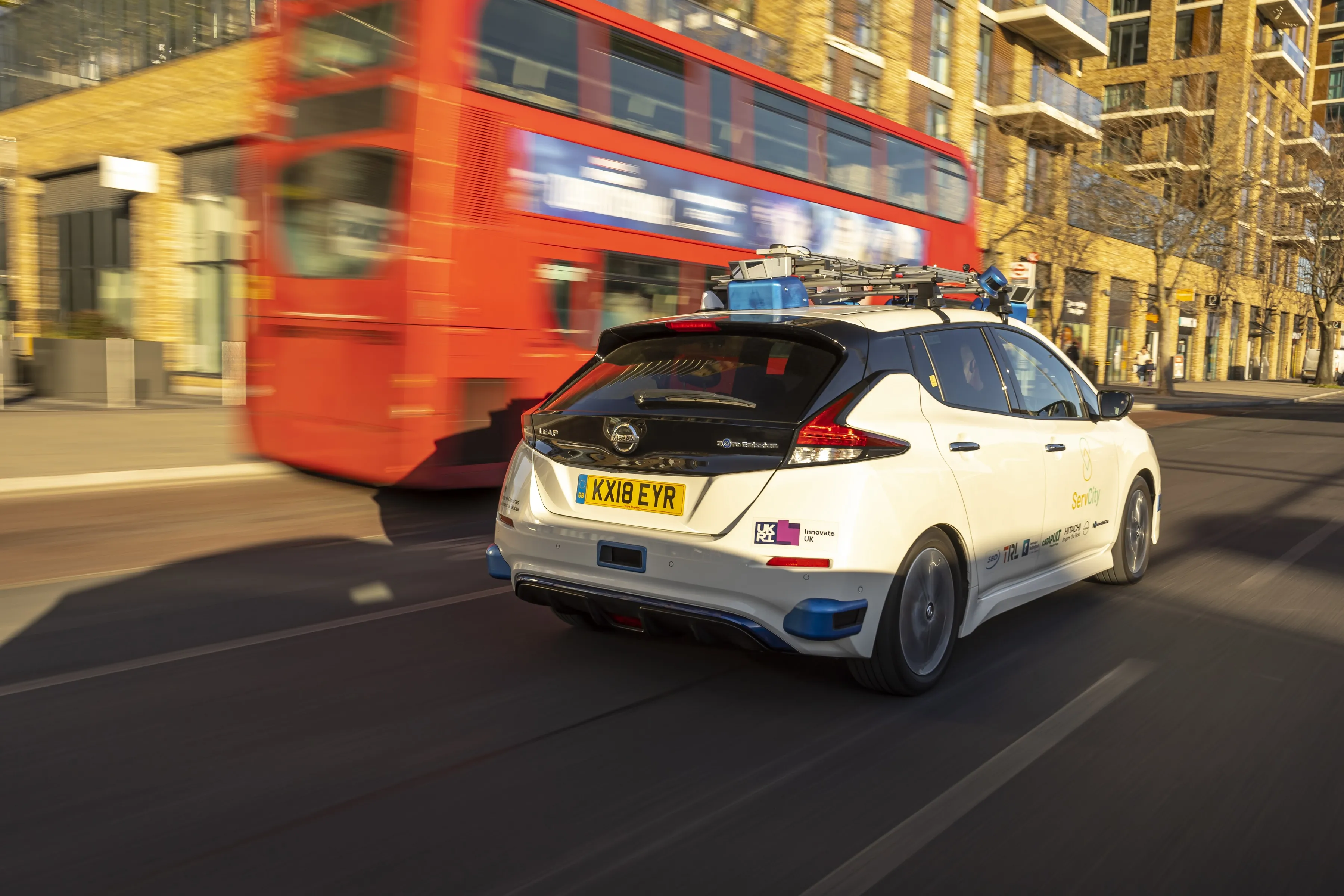Mobile network O2 will provide its 5G network to support connected and autonomous vehicle (C/AV) tests at Millbrook proving ground in the UK county of Bedfordshire.
O2 says the low latency and high capacity of 5G allow vehicles to transmit large amounts of data, including 4K video, to intelligent cloud-based transport systems, which are expected to improve road safety and help traffic authorities to monitor and manage traffic flow.
From June, O2 will enable 5G connectivity to Millbrook facilities using its 2.3 GHz and 3.4GHz spectrum in advance of the first phase of its 5G rollout in Belfast, Cardiff, Edinburgh and London later this year.
The on-site network consists of 59 sites and 89 small cells and is operated by British wireless solution provider Dense Air. Under a 12-month agreement with the AutoAir project, O2 will integrate the sites and small cells into its public infrastructure.
AutoAir has received a further £1.8 million in funding from the Department for Digital, Culture, Media and Sport taking the total project investment from the government to nearly £6m.
AutoAir consortium members are seeking to accelerate the adoption of C/AV technology via trials. Aside from Dense Air, these include Airspan Networks, Blu Wireless, Real Wireless, the University of Surrey’s 5G Innovation Centre and the R&D arm of motorsport racing team McLaren.
Paul Senior, CEO of Dense Air and chief strategy officer of Airspan Networks, says O2’s 5G network will be a “reference deployment” for the UK mobility industry as it moves to support 5G applications for large enterprises and government.
Additionally, engineering firm
Lizi Stewart, managing director, transportation UK, at Atkins, says: “Developing the first 5G neutral network in the UK will allow us to continue our drive for innovation and industry-changing initiatives for the transportation sector.”
O2 to offer 5G network for C/AV testing in UK
Mobile network O2 will provide its 5G network to support connected and autonomous vehicle (C/AV) tests at Millbrook proving ground in the UK county of Bedfordshire.
O2 says the low latency and high capacity of 5G allow vehicles to transmit large amounts of data, including 4K video, to intelligent cloud-based transport systems, which are expected to improve road safety and help traffic authorities to monitor and manage traffic flow.
From June, O2 will enable 5G connectivity to Millbrook facilities us
April 18, 2019
Read time: 2 mins
Related Content










